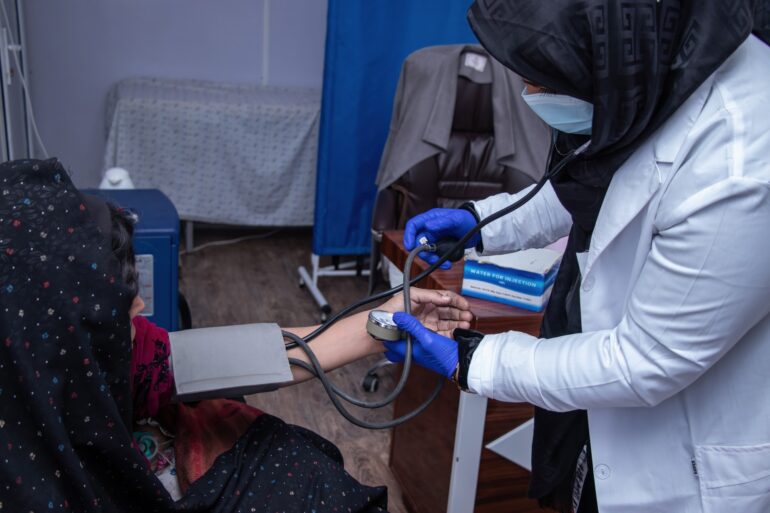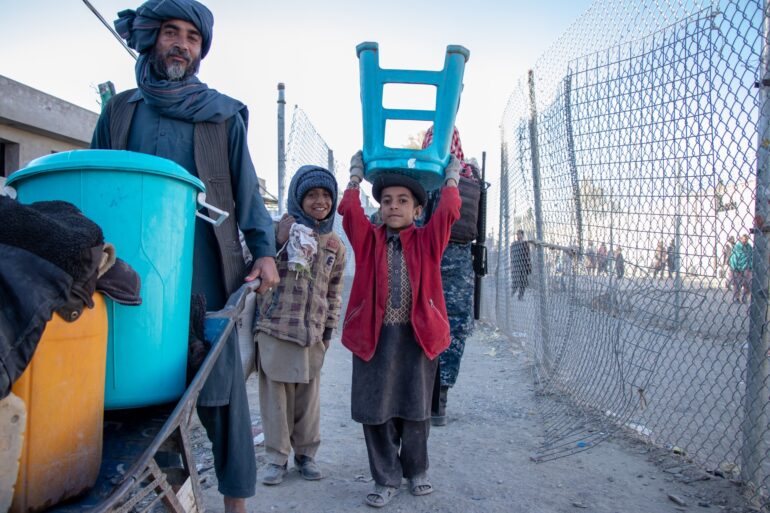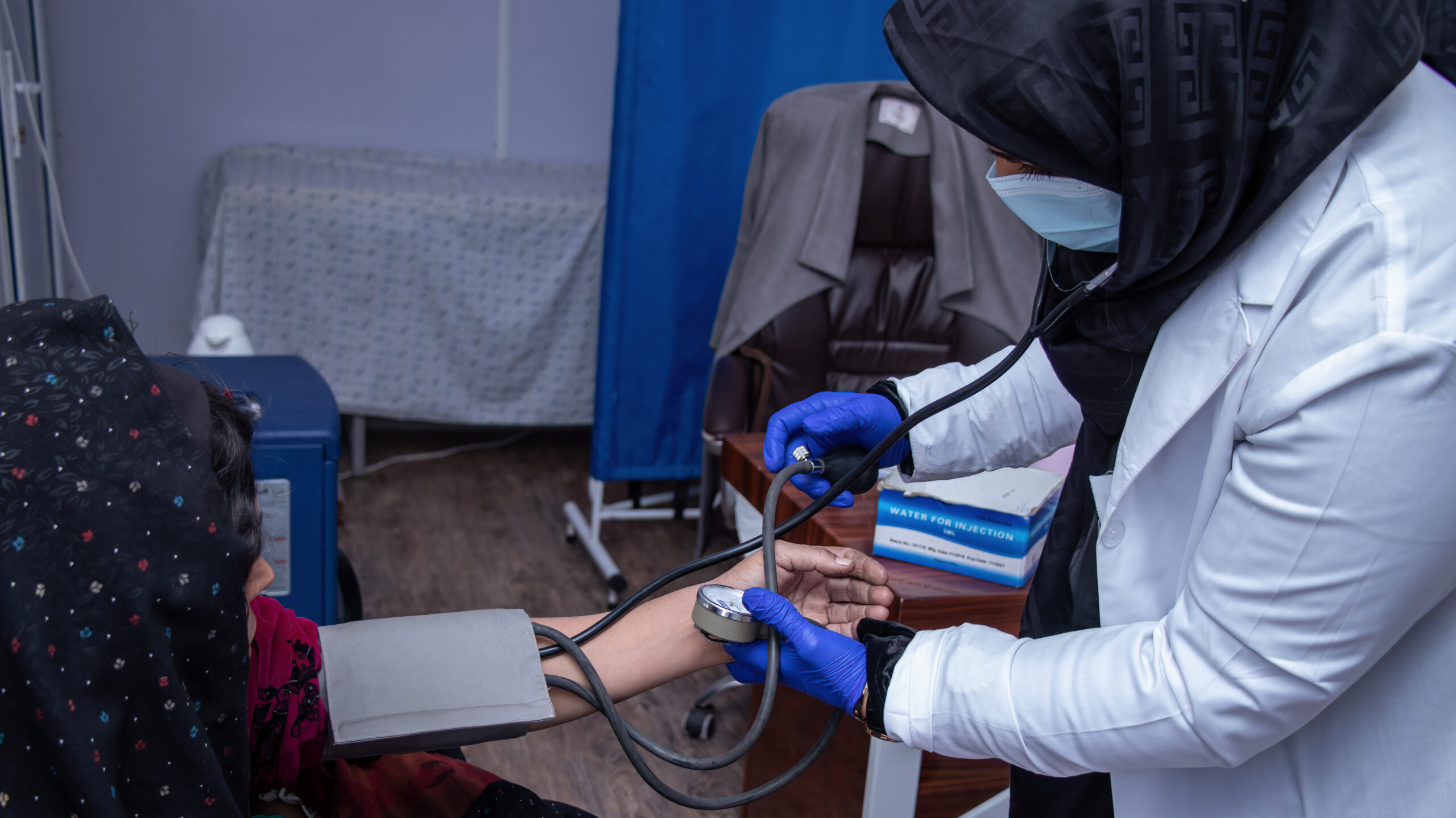The United Nations says $4.4 billion in aid for Afghanistan will go to the country’s aid organizations despite reservations about the Taliban government.
“Local organizations, being the ears and eyes on the ground at the community level, are best able to identify for us what the emergency needs are,” said Rema Jamous Imseis, the UN Refugee Agency representative in Canada. “And this is true of Afghanistan, where we partner with local organizations, local NGOs, and other international NGOs.”
The funds are to provide food, shelter, healthcare, and security to 22 million people in the country. Another $623 million will go to aid organizations in five neighboring countries to help Afghan refugees.
Currently 58 per cent of the population of Afghanistan is in need, which could grow to more than 90 per cent if not helped. The recent aid appeal is the largest in UN history for a single country which is becoming “the worst humanitarian crisis in the world.” The plan is to fund local aid organizations along with UN groups on the ground instead of the de facto Taliban government.

An examination room in an orthopedic ward for women in a health clinic supported by the UN in Hirat, Afghanistan. Photo credit: Photo: OCHA/Sayed Habib Bidell
“So those negotiations take some form, but they’re all geared towards ensuring that humanitarian actors can access the populations,” Jamous Imseis said. “So, the things that we can do in response are very much lifesaving and critical assistance that would prevent things from getting further out of control.”
That could be difficult if the Taliban isn’t willing to cooperate, according to Nipa Banerjee, the head of Canada’s aid program in Afghanistan from 2003 to 2006.
“If the Taliban wants, that they have the government, they have power now, and they might completely deny the food, better food, or other assistance that has come into the country and therefore you need to talk to them and establish some conditions,” said Banerjee, who has more than 30 years of humanitarian field experience.
She said the funds must have no strings attached despite issues with the government’s unacceptable policies, which according to the UN include the Taliban government’s restrictions in women’s rights, education, and censoring journalists.
“In an emergency situation like what is there now? You know, you need to have the humanitarian assistance given without conditions,” Banerjee said. “Donors want to be careful about not putting money in the hands of the Taliban, because then that could be misused.”

A displaced family in Kandahar, Afghanistan, on Nov. 16, 2021. The UN says its sending humanitarian aid to the country while avoiding the ruling Taliban. Photo credit: Photo: OCHA/Sayed Habib Bidell
The UN’s Security Council passed a humanitarian exemption in December to fund aid groups even with sanctions on the Taliban. It also said efforts must be made to ensure the money does not end up going to authorities.
UN Secretary-General António Guterres said in a press conference that a flexible approach will be needed but also asked for the Taliban to uphold human rights that they promised when they took power.
“The good news is that the Taliban are also realizing, that is, the de facto government is realizing that they cannot do without aid funding,” Banerjee said.
The UN is hoping the funding will come soon to be able to plan out relief for the year.
“If you know that you have a certain amount of money coming early in the year, you can program that much more easily and for a longer period than receiving funds later in the year,” Jamous Imseis said.
The UN said the move is an emergency stop-gap measure meant to help the current crisis, not a long-term solution but if problems in Afghanistan persist, future aid appeals could ask for as much as $10 billion.

